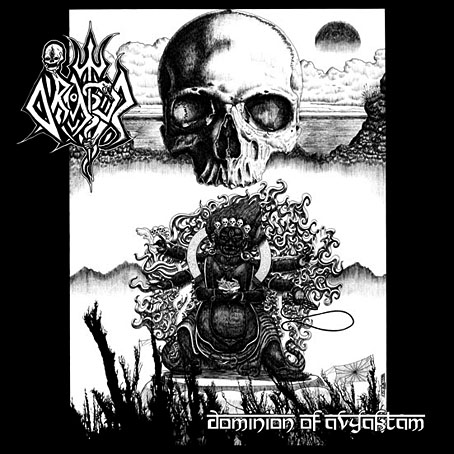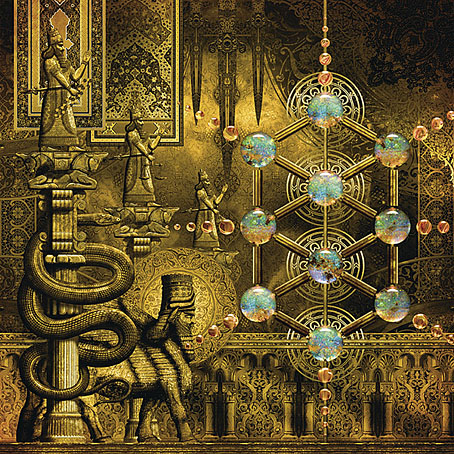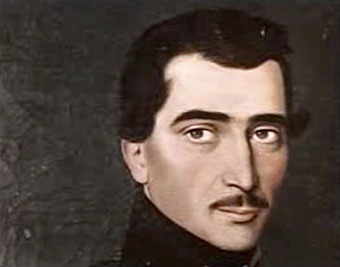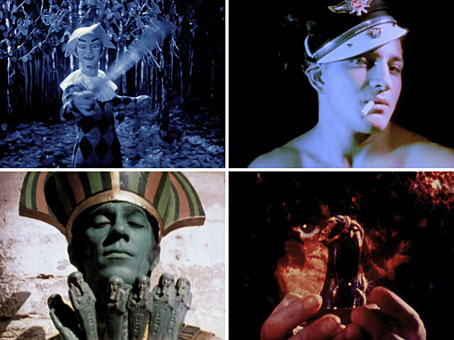
It’s a curious feeling when a drawing which is nearly 26 years old makes it out into the world. The image above is the cover of a new 7″ single release, Dominion of Avyaktam by metal band Orator, the picture being something I drew in 1984 entitled Mahakala after the Tibetan deity which it depicts. The inspiration was the cover of another recording, a Nonesuch Explorer album, Tibetan Buddhism – Tantras Of Gyütö: Mahakala, and also the track Mahakala by 23 Skidoo from their 1983 album The Culling is Coming. The skull is drawn from a real one I was given. Looking at this today none of the elements seem to work together—and the landscape stuff looks like a lazy way of filling in space—but it’s nice to see it find a home. Dominion of Avyaktam is out now on the Legion of Death label.
• Surprise of the week: two books I’ve worked on were nominated for Nebula Awards, Jeff VanderMeer’s Finch, and Kage Baker’s The Hotel Under the Sand whose interior I designed.
• More music: a recording of Paul Schütze’s Third Site played live in 1999 (with Clive Bell, Raoul Björkenheim, Simon Hopkins & Thomas Köner’s voice) is now available as a free download on his website. More Schütze: Paul Schütze & Simon Hopkins playing a set at the Horbar in Hamburg on December 28, 2009.
• The incredible pinscreen animations of Alexander Alexeieff and Claire Parker are finally available on DVD. Also new to DVD, Alan Bennett at the BBC, a four-disc set of some of his TV plays including a particular favourite of mine, his Kafkaesque drama The Insurance Man.
• More Ghost Box business: Jon Brooks aka The Advisory Circle has a blog. And Ghost Box’s Jim Jupp was interviewed recently by Peter Bebergal at Mystery Theater. Related (forgot to mention this last week): The ASDA Mix, a great mixtape of spooky retro weirdness by Moon Wiring Club available for free at The Wire.
• The trailer for Mellodrama, a documentary about the Mellotron by Dianna Dillworth.
• The Parajanov Festival will be screening some of the director’s films in London and Bristol.
• Lots of weird and wonderful exhibits at the ~Wunderkammer~.




